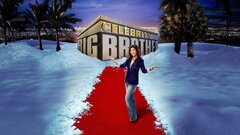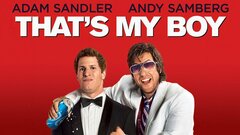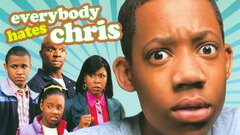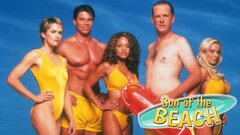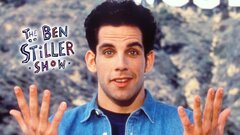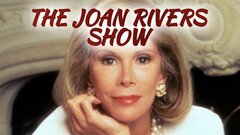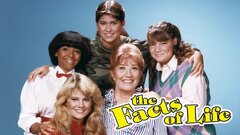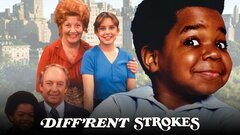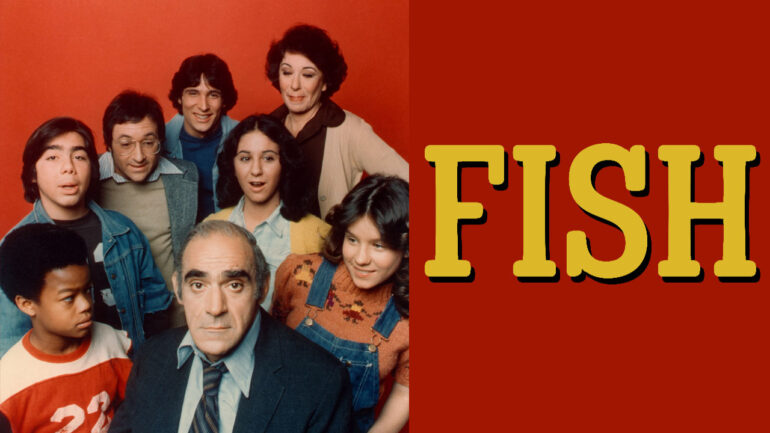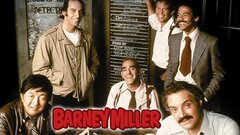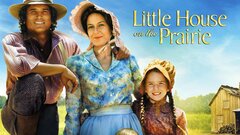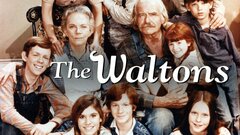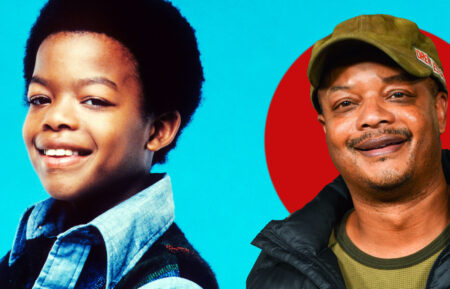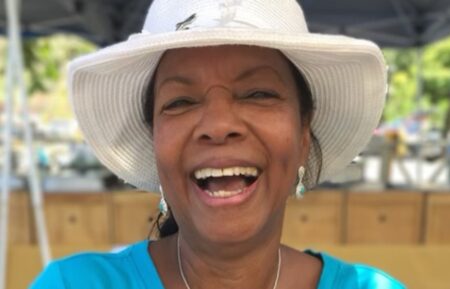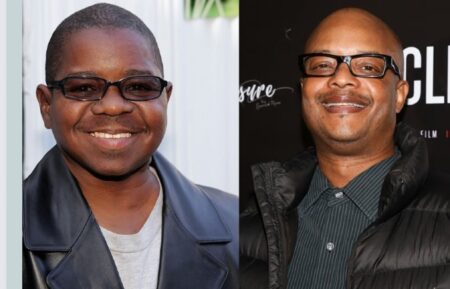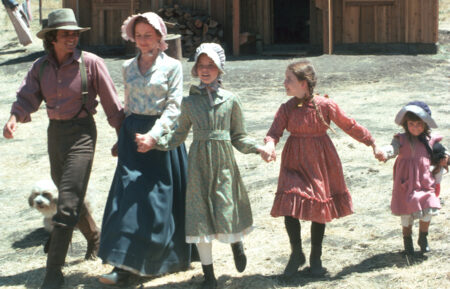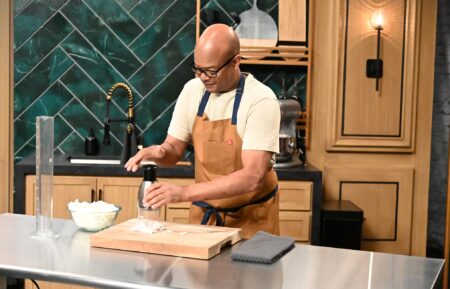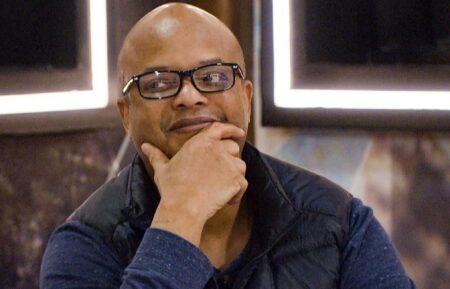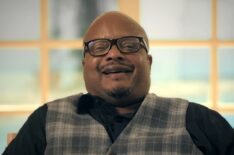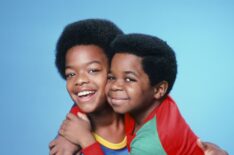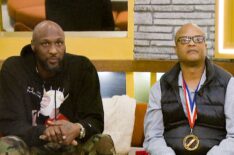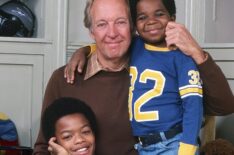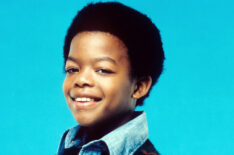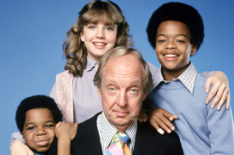Like his best known character Willis Jackson, Todd Bridges experienced a real-life reversal of fortune. But instead of the classic rags-to-riches tale, Bridges' off-screen story took a sad turn, fueled by a drug addiction, abuse and the typical trappings of too-soon childhood stardom. Beginning in the late 1970s, the talented actor became a teen idol as Gary Coleman's older and street-smart brother on the hit comedy, "Diff'rent Strokes" (NBC, 1978-1986), even inspiring one of the medium's most iconic catchphrases: "Whatchoo talkin' 'bout Willis?" Lauded for its witty dialogue and stellar performances, the groundbreaking series became one of the first shows to shed light on controversial subjects such as poverty, child molestation and drug use.
During his stint on "Strokes," Bridges became a highly sought after TV celebrity, appearing on popular programs like "The Facts of Life" (CBS, 1979-1988) and "The Love Boat" (ABC, 1977-1986). "Diff'rent Strokes" enjoyed high ratings during its eight-year run but when it ended, so too did Bridges career. Unable to reinvent himself as an adult actor, he quickly turned to a life of crime and drug addiction.
Bridges' substance abuse consumed him; he had several run-ins with the law and faced criminal charges that almost earned him a life sentence for fatally shooting a drug dealer. It took nearly a decade for Bridges to get sober and start rebuilding his life. After watching many of his child star contemporaries lose their way and, at times, their lives, Bridges' struggle became an inspiration and a testament to surviving in a brutal business.
Todd A. Bridges was born on May 27, 1965 in San Francisco, CA to actress Betty A. Bridges and James Bridges, Sr., one of the first successful African-American Hollywood agents. Both of his older siblings, Jimmy and Verda, were also actors. Inspired by the comedian Redd Foxx, the future TV star began eyeing an acting career at age six and soon afterwards, the entire family moved to Los Angeles to help make the youngest Bridges' dream come true.
One of his first acting jobs was appearing in a Jell-O commercial with the rest of his family in the early 1970s. It was not long before he landed guest roles on numerous television series, such as the beloved drama "Little House on the Prairie" (NBC, 1974-1983) and popular family programs like "The Love Boat," "The Facts of Life," and "The Waltons" (CBS, 1972-1981); the latter of which provided the African-American actor a regular role on a hit series. Bridges also honed his comedic talents as one of the rowdy kids on "Fish" (ABC, 1977-78), a spin-off of the sitcom "Barney Miller" (ABC, 1975-1982), starring Abe Vigoda as a detective and a foster parent to five racially mixed children.
Bridges also had a memorable role in the award-winning historical miniseries "Roots" (ABC, 1977) as Chicken George's (Ben Vereen) loyal grandson.
In 1978, Bridges became part of yet another multiracial TV family on NBC's hit sitcom "Diff'rent Strokes," about widowed white Manhattan millionaire Phillip Drummond (Conrad Bain) and his daughter Kimberly (Dana Plato) who together adopt their black housekeeper's children: the precocious and lovable Arnold (Gary Coleman) and Arnold's equally wise-cracking older brother, Willis (Bridges). "Diff'rent Strokes" made bona fide stars out of Coleman - whose catchphrase "Whatchoo talkin' 'bout Willis?" became embedded in pop culture consciousness - and Bridges, who both became international celebrities before they were even able to drive. While the series was presented as a lighthearted family comedy, it also broke new ground as one of the first shows that dealt with interracial relations and other controversial issues such as child molestation, drug use and poverty.
Witty dialogue, contemporary themes, and earnest performances made "Diff'rent Strokes" one of NBC's most watched shows during its eight-year run. But while the show ended on a high note in 1986, its cancellation left Bridges and his young co-stars struggling to reinvent themselves both on and off the screen.
Unable to shake off his clean-cut "Willis" image, Bridges' acting career, and consequently his personal life, quickly went on a downward spiral wrought with crime and drug addiction. Only a year after the show ended, he was arrested for making a bomb threat against a car customizing business; he pled no contest and received a suspended sentence for the incident. The troubled actor made headlines again in 1989 for the attempted murder of a crack cocaine dealer.
He was charged for allegedly shooting the drug dealer eight times in a dispute that occurred in a Los Angeles slum. During the trial, Bridges admitted to being a heavy cocaine user and claimed that his drug use made it impossible for him to remember whether he did, indeed, shoot the victim. He was acquitted after two trials, but the incident completely paralyzed his acting career.
In 1993, Bridges was arrested again, this time for methamphetamines and firearms possession; he pled guilty to the charges and entered a one-year drug rehabilitation program. The program helped Bridges kick his drug addiction, but did nothing for his temper. In 1997, he was charged for assault with a deadly weapon after he slammed a friend against a car. He pled guilty and performed court-ordered community service and paid a fine. Bridges' former co-stars, Coleman and Plato, suffered similar fates.
Plato, after a series of arrests and low-paying jobs, battled prescription drug use and used them to end her life in 1999 at age 34. Coleman also had his run-ins with the law, attempted suicide twice with sleeping pills, was hospitalized numerous times for kidney failure, and worked odd jobs after he lost his fortune to his parents' mishandling of his trust fund.
It took more than a decade for Bridges to get completely sober and turn his life around. In 2000, he wrote and starred in the documentary "Building Bridges" about how he embraced Christianity to deal with his personal issues. Two years later, he jumpstarted his stalled career with a recurring role on the long-running soap opera, "The Young and the Restless" (CBS, 1973-) playing a bad boy named Juice.
While it was not exactly the role of a lifetime, it brought Bridges back into the limelight and helped repair his image in the business. Now an official "comeback kid," he began landing featured roles in various films and on sitcoms like "Everybody Hates Chris" (CBS, 2005-09) in which he appeared as a crazed ex-military man.
In 2010, Bridges wrote the tell-all book, Killing Willis: From Diff'rent Strokes to the Mean Streets to the Life I Always Wanted, which revealed shocking details of his struggles with substance abuse, being molested at age 12 by his publicist, his brushes with the law, and his off-screen romance with Plato, whom he claimed introduced him to drugs.
Unfortunately, the week of the book's release coincided with the sudden death on March 10, 2010 of Corey Haim, a former child actor and one of Bridges' close friends. Like Bridges, Haim was a teen sensation in the 1980s who also battled drug addiction as he watched his onetime fortunes fall.
Knowing full well the dangers of leading a drug-induced life, Bridges had memorably tried to help the troubled actor get off prescription medicine at an intervention staged by Haim's real-life best friend and screen partner, Corey Feldman, on the A&E reality show, "The Two Coreys" (2007-08) in 2008.
Much of his book publicity tour was spent talking about Haim, whose unexpected death had created a media maelstrom. Only two months later, Bridges was back in the news, releasing yet another public statement of grief when his onscreen little brother, Gary Coleman, passed away from a brain hemorrhage after taking a fall at home, saying, "It's said that I'm the last kid alive from the show."
Along with Coleman's former agent, Bridges would begin a media attack in Coleman's honor on his ex-wife, Shannon Price, after she shamelessly tried to steal Coleman's property without a proper will reading, sell pictures of the actor on his deathbed, and grant interviews for a fee only days after she pulled the plug on her onetime husband.










